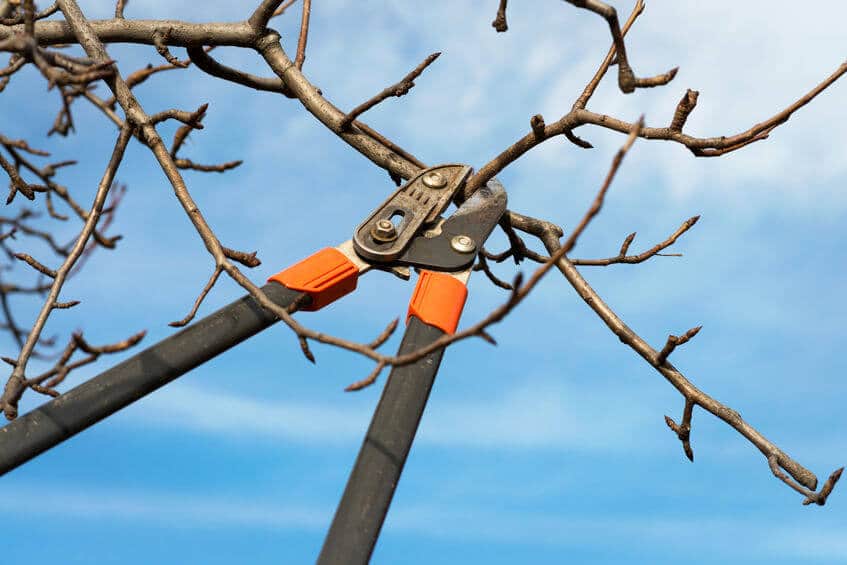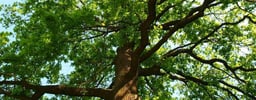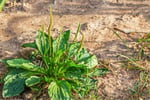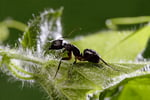If you want to get rid of Japanese Clover, contact a Senske Lawn Care professional. We’ll kill Lespedeza and get your grass healthy. Call (877) 944-4007 or click to request an estimate online for FREE!

Bermuda Grass
Residential Lawn, Tree, & Pest Control
Some descriptive text here?
Pest Control Program
starting at $93/treatmentFull Service Year Round
*Prices vary by location and property sizes
Lawn Care Program
starting at $52/treatmentComprehensive Treatment
*Prices vary by location and property sizes
Pest Control Program
Starting at $93/treatmentYear Round Protection
Per Treatment for Spraying**
Prices vary by location and property sizes
DENVER LAWN CARE
Senske offers Revive®, a uniquely organic lawn fertilization treatment in Denver, CO. This specialty fertilizer and soil treatment is specially formulated for East Denver lawns.
DENVER PEST CONTROL
Our certified pest control technicians expertly identify pest problems unique to Denver and safely rid your home and property of them. We'll even keep them from returning.
DENVER TREE SERVICE
Our ISA certified arborists know the specific needs of trees and shrubs in Denver, CO. Let Senske protect your property investment and care for your trees.

DENVER LAWN CARE
Senske offers Revive®, a uniquely organic lawn fertilization treatment in Denver, CO. This specialty fertilizer and soil treatment is specially formulated for East Denver lawns.
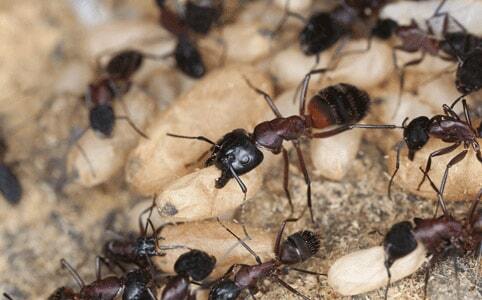
DENVER PEST CONTROL
Our certified pest control technicians expertly identify pest problems unique to Denver and safely rid your home and property of them. We'll even keep them from returning.
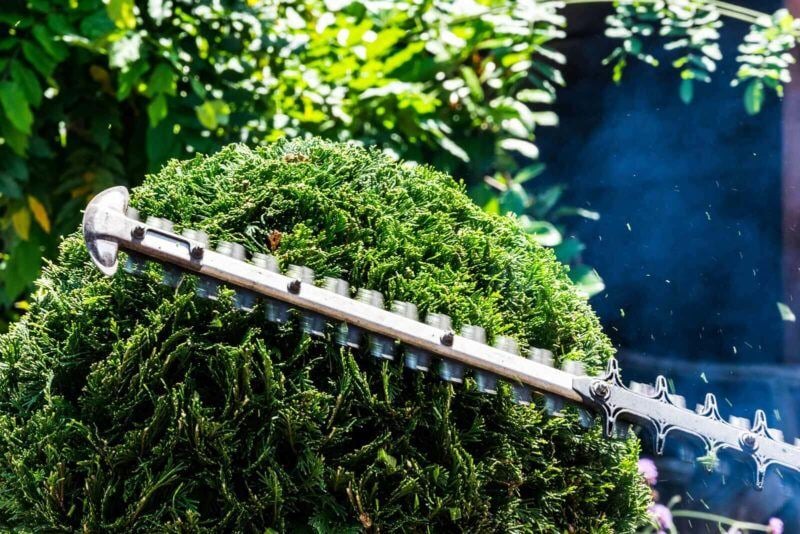
DENVER TREE SERVICE
Our ISA certified arborists know the specific needs of trees and shrubs in Denver, CO. Let Senske protect your property investment and care for your trees.
What is Japanese Clover (Lespedeza)?
Common Lespedeza, often referred to as Japanese Clover, is a weed species native to China and Japan. Known in Asia as Kummerowia Striata, the plant was first observed in the U.S. in the 1840’s. By the 1880’s, and partly due to the civil war, it had covered a lot of ground and taken over much of the natural vegetation in the south. Now, it can be found almost everywhere.
Part of the legume family, Japanese Clover is a perennial plant that propagates via seedlings. You’ll most likely notice it when the plant begins to branch out freely and experience exponential growth in the heat of the summer. Difficulty with Japanese Clover comes when it’s found in lawns. Known for being competitive, Japanese Clover grows quickly and, given its woody stems, overcomes turf almost without resistance.
- How Do I Identify Japanese Clover?
- Can I Prevent Japanese Clover In My Lawn?
- How Do I Get Rid of Japanese Clover?
How Do I Identify Japanese Clover?
Japanese Clover can be identified by Its round, oblong leaves. Examine the plant for smooth, green foliage growing in triplets (trifoliate). Its woody stock and branches that harden as the summer moves on help to differentiate it from other weeds. Provided a close enough inspection, you may find the green to purplish stems of the plant covered in miniscule, white, downward pointing hairs. Little white, pink, or purple flowers (usually no larger than an inch) with lipped petals can be found where the leaves meet.
Can I Prevent Japanese Clover In My Lawn?
Japanese Clover flourishes in full sun. Planting shade trees to prevent weeds with deep tap roots is one recommendation. Easier preventative measures include mowing your lawn high to prevent weeds from growing through the turf.
Wet, compacted soil makes a perfect home to Japanese Clover, so you may want to consider an aeration service that loosens the soil. This will provide more oxygen and sunlight to the ground level, and allow grass roots to recover and strengthen. You may want to consider recalculating the watering needs of your lawn – allowing enough time in between drenchings for the ground to dry out more. Remember, your lawn only needs about 1” of water each week!
Our last recommendation is to pretreat your lawn in late winter with herbicides known to control Lespedeza before its seedlings can even take root.
Hand-pulling Japanese Clover when still small is possible, but if your lawn has more mature plant growth and flowering stocks it often means your Lespedeza has an extensive root system, with a taproot too deep to remove without risking regrowth.
In instances like this, Senske’s Lawn Care professionals can offer total Japanese Clover eradication that won’t destroy your lawn. We know how to kill Japanese Clover weed and will get rid of persistent growth in lawns just like yours all the time. Senske’s 75 years of experience – combined with our incredible promise – guarantee your grass will be free of Japanese Clover and have your lawn thriving again!
Want to get Rid of Japanese Clover?
Weeds, Lawn & Tree Diseases, and Pests to Look Out For
Weeds Common for Denver
Senske lawn care and tree service treatments in Denver East enables a greener lawns, healthy trees and shrubs without the hassles and time commitment needed to maintain it yourself. We’ll also help remove weeds, treat lawn and tree diseases and problem areas. Senske Services has been providing residential and commercial lawn care services to communities in the Northwest since 1947.
Our Denver East and surrounding communities lawn care services reflect our commitment to quality in all aspects of lawn maintenance. Learn more about Denver East weed and lawn diseases we solve:










Find Out About Other Weeds, Lawn & Tree Diseases, and Pests to Look Out For























How can we help you?
No annual contracts & 100% guaranteed results.
Get a Free Estimate Today
Make your yard the greenest on the block and enjoy a home free from pests, all delivered by courteous, & professional techs.Great service!
Jason did a nice job on our Christmas lights. The crew arrived on schedule and accommodated my special requests. They even wired up a few of my yard decorations without my asking them. Thank you!
Very Professional!
“Max calls ahead, comes early in the day, and answers all my questions. He’s very professional!"Extremely Pleased!
“I have been extremely pleased with this service, my lawn has literally gone from drab to fab. Steve serviced the lawn today and as always, let's me know he is here (per my request) tells me follow up steps and then is on his way to do the service."Thankful for Senske!
“I am thankful my neighbor recommended Senske services, as a single mom, I do not have time, or energy to fix my lawn, so I hired the pros. Definitely worth it and very reasonable costs. Much appreciated."The Dirt
Find out more on our blog.


